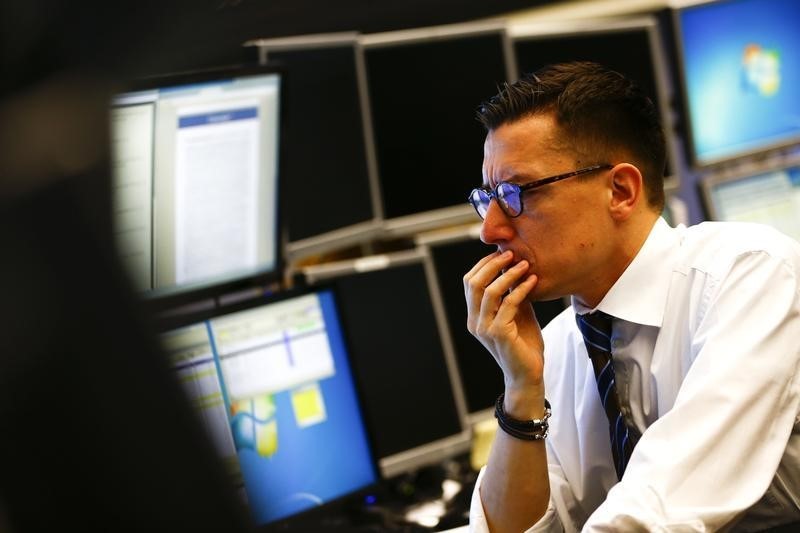The recent presidential election in Argentina threw the sort of political curveball most observers have become pretty familiar with in the years since 2016. New president Javier Milei, who secured more than 55% of the vote, is an unconventional outsider who has promised to throw out the rule book – sounding familiar yet?
Known for eccentricities including a reliance on four genetically cloned mastiff dogs named after conservative economists, whose advice he seeks for strategic counsel, Milei’s participation in the global economy will no doubt cause ripples for markets and investors.
Milei's ascension to the presidency was characterised by his flamboyant persona, controversial stances and the inevitable comparisons to Donald Trump and Boris Johnson. His CV includes a stint as a tantric sex coach, and he has been known to wield a chainsaw on stage at rallies. He’s a self-described anarcho-capitalist.
Of course, his own political idol, Trump, who provided the blueprint for Milei’s ascent, was quick to claim the victory, announcing: "The whole world was watching! I am very proud of you. You will turn your country around and truly 'Make Argentina Great Again'."
But what will he do in office?
From a policy perspective – which is where the rubber really hits the road – Milei has vowed to make radical changes to the country’s economy, including the adoption of the US dollar, dismantling the central bank, and, of course, cutting public spending.
Central to Milei's economic agenda is the abolition of the central bank. He views the state as an entity that coerces taxes from its citizens and sees the elimination of the central bank as a step towards fiscal freedom.
But if Milei is the spark, a country like Argentina has ample fuel. A country that has failed to cope well through financial crises and soaring inflation, Argentina faces a grim economic outlook.
The cost of living is running at 30-year highs and the country regularly spends more than it taxes, owing $US44 billion ($69.67 billion) to the International Monetary Fund, and a severe drought is threatening to tip it into recession.
Nearly half of all Argentinians live in poverty.
Milei's solutions to these woes include privatising everything he can get his hands on and introducing severe austerity measures to shoehorn the country into fiscal balance by next year.
Markets nevertheless positive
And yet business and markets remain cautiously positive about his presidency. In particular, Milei's election victory has sent ripples through equity, commodity and cryptocurrency markets.
His visit to the US to meet with key financial institutions gave some markets a measure of comfort and there were notable increases in Argentina's stock market and a rise in Bitcoin's value.
Milei's plans to dollarise the peso and reduce taxes on farm exports could significantly impact both local and global markets, particularly affecting sectors like oil, agriculture and the country's considerable lithium exposure.
As for his promise to dismantle Argentina’s central bank, it has been met with scepticism from commentators, and it remains to be seen what impact this would have on the country and its trading partners, if indeed he follows through.
What’s clear is that Milei's election marks a significant shift in the country's political landscape and his unconventional approach and radical economic proposals present both opportunities and challenges. Buckle up, it’s bound to be an interesting ride.
